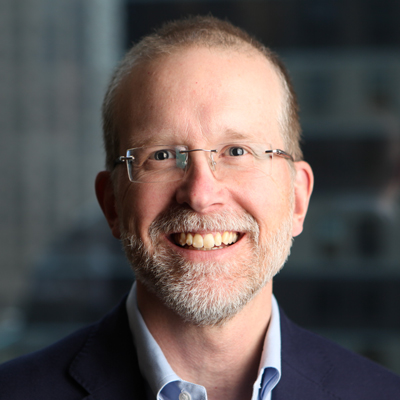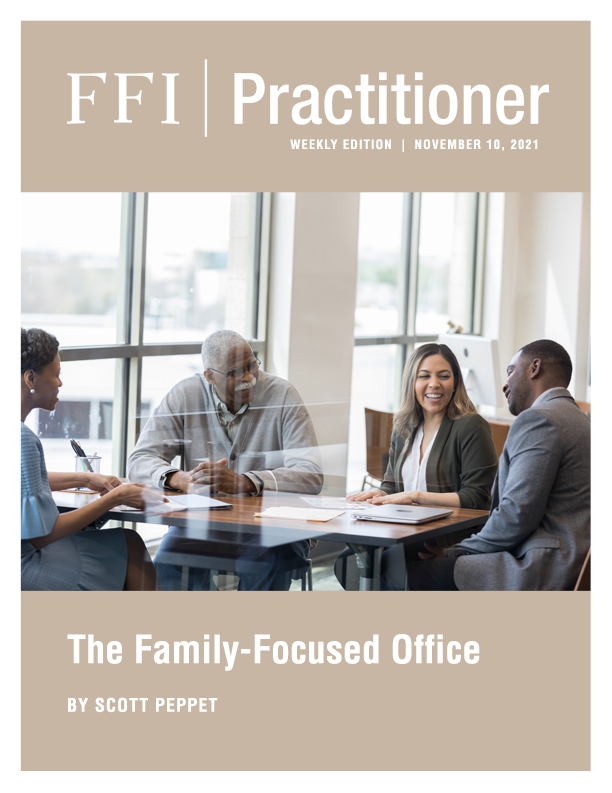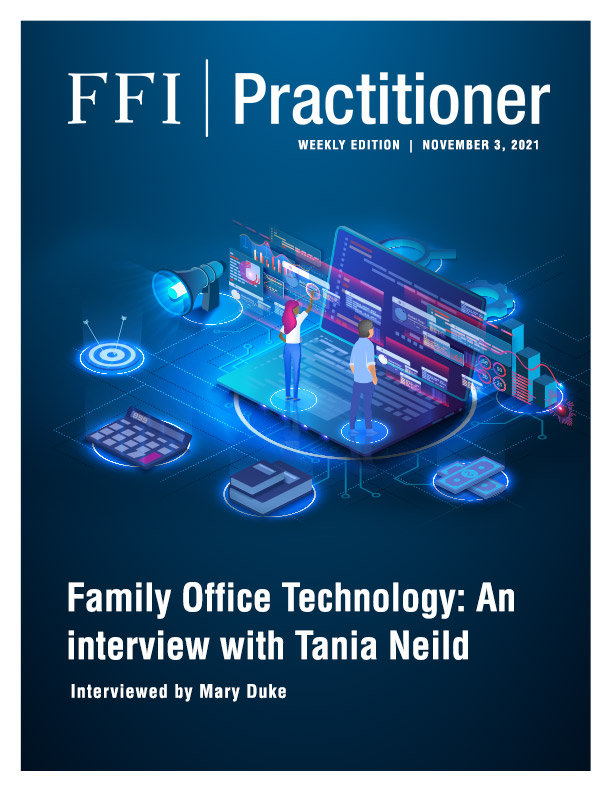
What would we find?
In most family offices, the MLF ratio (i.e., money, legal, family) would probably amount to sixty percent / thirty percent / ten percent. This not a claim for which we have solid research, of course. Anecdotal reports from families and family office professionals suggest that most family offices spend most of their time managing money, followed closely by a fair amount of effort mitigating legal, regulatory, and tax risk. As a percentage of budget and time spent, the family’s health and growth are usually a very distant third.
What’s the Problem?
If a family system’s MLF ratio is skewed in this way, the family and their advisors are attempting something quixotic: to preserve and protect the family’s well-being over multiple generations while simultaneously radically underinvesting in it. This is likely to fail. Generation to generation, the best financial and legal advice will not save a family from the erosion of character, purpose, and cohesion that time is likely to inflict. A family must understand that its greatest asset is its family members, not its financial balance sheet, no matter how many zeroes that balance sheet might display. Likewise, a family office must understand that its ultimate purpose is to invest in and steward the human beings in its care, not the dollars in its coffers.
A “family-focused office” that truly understands this mission is quite different in purpose, strategy, and priorities from the typical 60/30/10 “family office.” It is in the wealth preservation business, but in the broadest sense of the term. The word “wealth” does not merely mean money. It means happiness, welfare, and all the tangible and intangible indicators of flourishing. This is not mere semantics. Whereas a typical family office may see its role as protecting a family’s financial “wealth,” a truly family-focused office understands that it exists for this broader purpose.
Sidebar
by Tania Neild and Mary Duke
With today’s article, we introduce a month-long series on topics related to the family office. Today’s issue features an interview with Tania Neild by FFI Fellow and board member Mary Duke. Their topic is the sometimes-complicated issue of the use of technology in family offices.
The irony is that investing in the family is critical to protecting its financial assets; without strong individuals at its core and strong family connections between those individuals, a family’s financial capital tends to dissipate quickly. So being family focused turns out to be financially savvy. It is unwise for an office to try to become more family focused for these instrumental reasons, however. The effort is unlikely to succeed if it is merely a disguised attempt to further shore up the financial capital. In this arena, intentions matter.
Why The Status Quo?
There are many reasons for the pattern of underinvesting in the family’s human capital. First may be habit. If every family meeting for twenty years has focused primarily on reviewing the family’s financial investments, that is what the family and the family office staff will expect. It may be hard for them to imagine an agenda that emphasizes human capital.
The second reason may be restrictive assumptions about roles, responsibilities, and the tasks at hand. Family offices are full of technical professionals, but very few from the helping professions, including social workers, mediators, coaches, or members of the ministry. Family offices tend towards the short-term and transactional, rather than the long-term and transformational. This means that even their work in the “family” category is often discrete and task-oriented: getting through this family meeting or that trust review. Moreover, many family office professionals are quick to say, “I’m not a therapist” any time the messy business of family comes up. Sometimes this is wise maintenance of good professional boundaries. But far short of therapy, there is enormous work to be done educating the family and helping to steward its members. If the family office isn’t actively promoting and protecting the family’s overall long-term health and welfare, who is?
Finally, I find that many family members do not believe that they are their family’s most important asset. Years of meetings focused on financial capital may have taken a cynical toll: the family may have internalized the implicit message that the money, not the family, is what matters. Or family members may just question their value, place in the world, or importance. Many multigenerational family enterprises are launched by a charismatic and highly successful founder who can leave a legacy of self-doubt amongst family members that they never feel they measure up. Whatever its genesis, this endemic doubt may inhibit a family from demanding that its advisors become more family focused. Without such family pressure, family office professionals often stay within their comfort zone: financial and legal topics.
How to Change?
It is important to zero in on what, exactly, needs to change for a family office to truly be “family-focused.” To be clear, this shift is not about ignoring financial capital or legal risk. It is difficult to protect a family’s financial capital over a long period of time: managing the M & L takes serious expertise, diligence, and loyalty. Nothing said here is meant to detract from that work.
As a family and its office do this work, they should see it not as a new cost center, but as a capital investment in the human capital of the family. Just as one makes capital investments for financial return, one makes capital investments for human return. Being truly “family-focused” means putting the ongoing success, health, growth, and integrity of each individual family member at the core of what the family office does every day. It requires entering into real relationship with each family member, learning their issues and hopes, and developing a deep ethic of service in the office that sees stewardship of the family’s human capital as a primary mission. It requires listening and connection, and a genuine commitment to continuous learning. Ultimately, however, it is the most rewarding path that a family and its advisors can take together.




